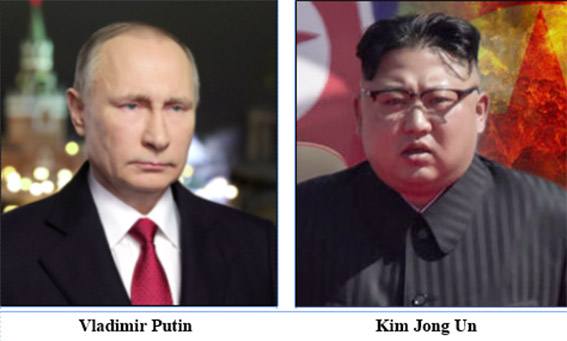
Russia’s autocrat Vladimir Putin and North Korea’s tyrant Kim achieved what they most wanted: They were seen by billions of people around the world as legitimate leaders, with little mention by the media or other world leaders of their systematic violations of basic rights.
I was in Peru when Putin opened the World Cup in Moscow. Flipping channels, all I saw was an exuberant Putin receiving an ovation at the stadium — probably filled with government cronies — as he addressed the inaugural ceremony. Minutes earlier, sports reporters covering the event were lauding the cleanliness of Moscow’s streets and the beauty of the Kremlin. Maybe I missed it, but I heard no criticism of Putin’s dubious elections, his 2014 invasion of Crimea or his support for the butchery taking place in Syria. Watching the opening game between Russia and Saudi Arabia, which Russia won 5-0, the cameras showed signs around the soccer field promoting Qatar Airways, the airline of the Middle Eastern emirate that will host the next World Cup in 2022. Granted, it’s not the first time that a World Cup has been played in an authoritarian country. But not since the 1978 World Cup in Argentina, which was played under a right-wing military dictatorship, has the FIFA world soccer tournament taken place in a more repressive country than today’s Russia.

